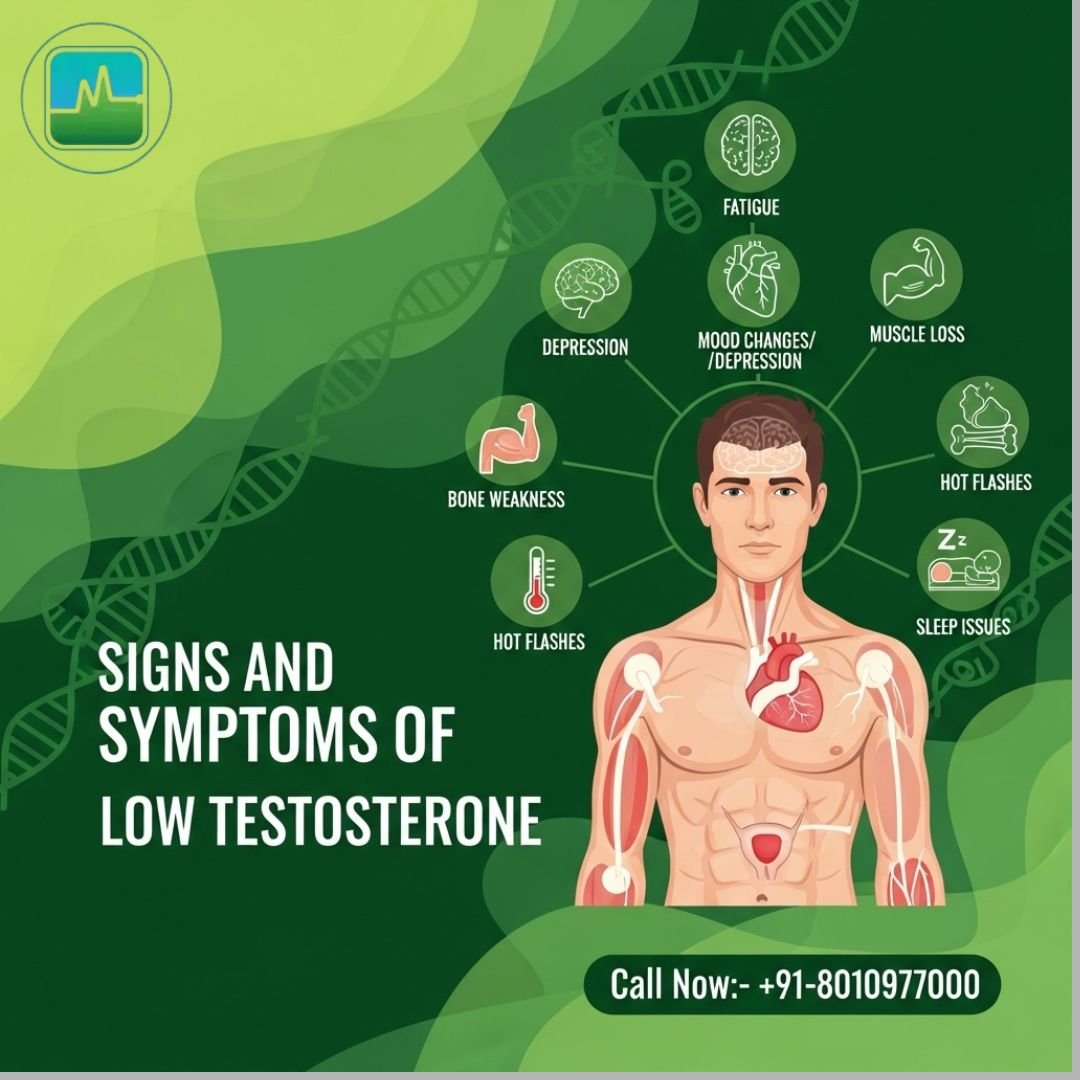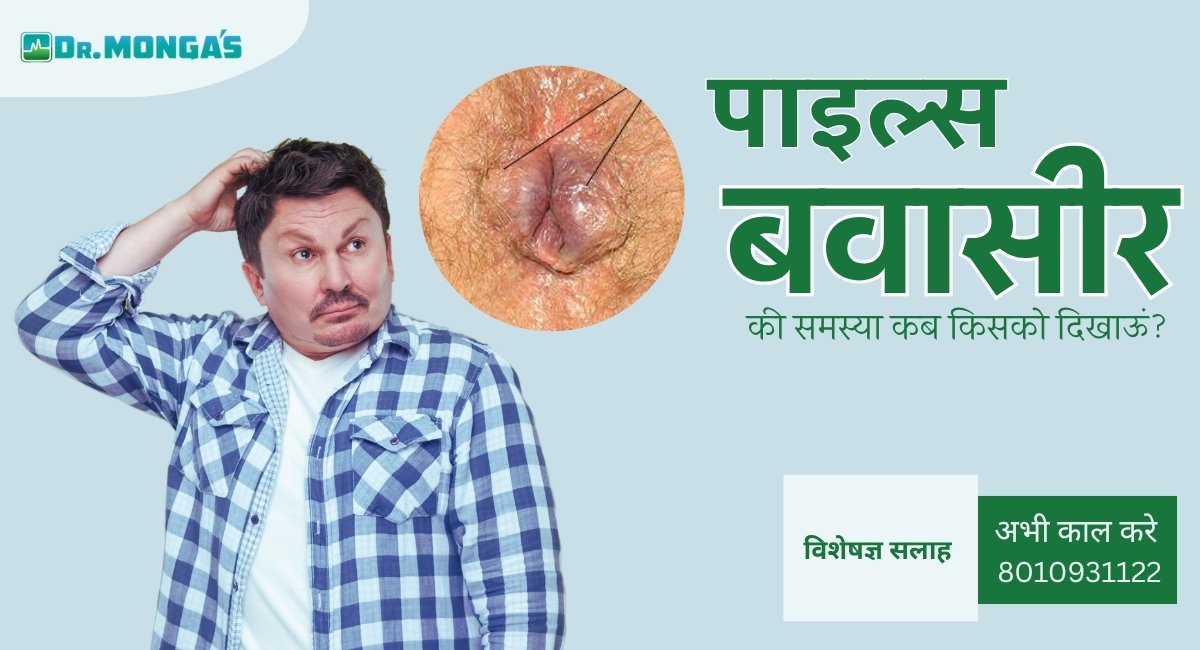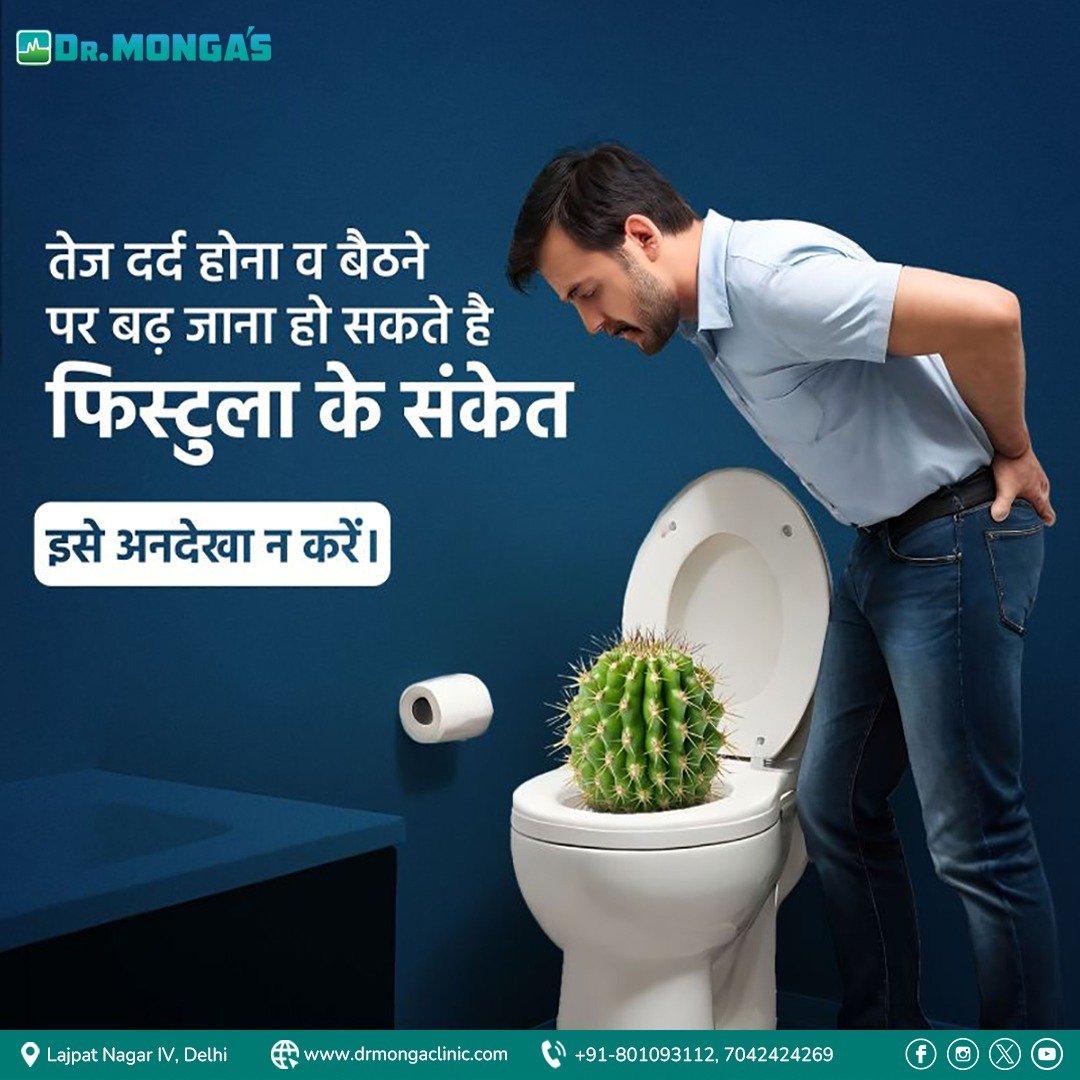Are you struggling with piles and feeling overwhelmed by the prospect of surgery? You’re not alone. This common condition affects millions, yet many people are unaware that there are effective non-surgical treatments available. In this blog post, we’ll explore various conservative and non-invasive treatments for piles available in Defence Colony, Delhi. We’ll delve into lifestyle changes, the role of diet, home remedies, and professional therapies, providing you with the information you need to manage this condition effectively.
Understanding Piles
What are Piles?
Piles, also known as hemorrhoids, are swollen veins in the lower rectum and anus that can cause discomfort, bleeding, and irritation. They can be classified into two main types:
- Internal Piles: These occur inside the rectum and are usually painless, though they can bleed.
- External Piles: These develop under the skin around the anus and can cause significant pain and itching.
Understanding the nature of your piles is key to determining the most suitable treatment method.
“Early intervention can often mean avoiding surgical procedures altogether.”
Why Consider Non-Surgical Treatments?
Many people are surprised to learn that surgical intervention isn’t the only solution for piles. Non-surgical treatments can offer relief from symptoms without the risks associated with surgery. These approaches are typically less invasive, can be done on an outpatient basis, and allow for quicker recovery times.
Non-Surgical Treatment Options
Lifestyle Modifications
Making certain changes in your daily life can greatly affect the severity of piles. Some key lifestyle modifications include:
- Regular Exercise: Engaging in daily physical activity helps prevent constipation and reduce pressure on veins.
- Hygiene Practices: Keeping the anal area clean and dry helps prevent irritation.
- Avoiding Prolonged Sitting: If you work in a sedentary job, take regular breaks to stand and stretch.
“Small changes can lead to significant improvements in managing piles.”
Dietary Adjustments
A well-balanced diet plays a crucial role in preventing constipation and reducing the risk of piles. Here are some dietary tips:
High-Fiber Foods
Increasing fiber intake can help soften stools, making them easier to pass. Consider including:
- Whole grains: oats, brown rice, and whole wheat bread.
- Fruits: apples, bananas, and berries.
- Vegetables: spinach, carrots, and broccoli.
- Legumes: lentils, chickpeas, and beans.
“Aim for at least 25-30 grams of fiber daily to support digestive health.”
Adequate Hydration
Drinking plenty of water is essential for digestive health. Aim for at least 8-10 glasses of water daily.
Home Remedies
Many individuals find relief from piles using home remedies. Here are some effective treatments:
Warm Sitz Baths
Soaking in warm water for 15-20 minutes several times a day can help reduce swelling and discomfort.
Witch Hazel
Applying witch hazel to the affected area can provide relief from itching and pain due to its anti-inflammatory properties.
Coconut Oil
Coconut oil can moisturize the anal area and may reduce discomfort. Apply a small amount directly to the affected area.
Professional Therapies
If home remedies and lifestyle changes aren’t providing enough relief, several professional treatments are available:
Rubber Band Ligation
A minimally invasive procedure where a rubber band is placed around the base of the pile to cut off its blood supply.
Sclerotherapy
A treatment that involves injecting a solution into the pile, causing it to shrink over time.
Infrared Coagulation (IRC)
A non-invasive procedure that uses infrared light to coagulate the tissue of the pile, resulting in its eventual disappearance.
Conclusion
Living with piles can be challenging, but remember that surgical options are not your only choice. By incorporating lifestyle changes, dietary adjustments, home remedies, and professional therapies, you can manage and treat piles effectively from the comfort of your home.











Leave a Reply